Home>Home Maintenance>What Is A Pass/Fail Home Inspection
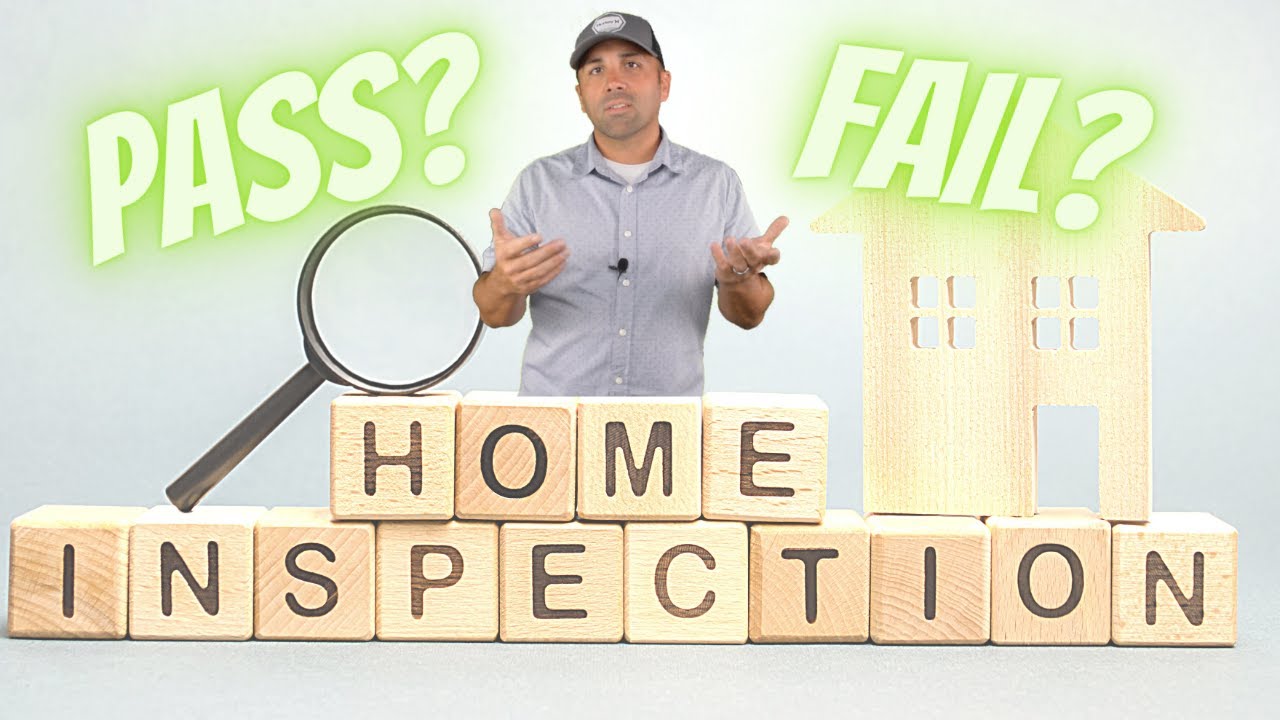

Home Maintenance
What Is A Pass/Fail Home Inspection
Modified: September 1, 2024
Learn all about pass/fail home inspections and the importance of home maintenance. Ensure your property is in top condition with expert guidance.
(Many of the links in this article redirect to a specific reviewed product. Your purchase of these products through affiliate links helps to generate commission for Storables.com, at no extra cost. Learn more)
Introduction
When it comes to buying or selling a home, the role of a home inspection cannot be underestimated. A thorough home inspection conducted by a qualified professional can provide valuable insights into the condition of a property and help both buyers and sellers make informed decisions.
In this article, we will explore the concept of a pass/fail home inspection and delve into its significance in the real estate market. We will also discuss the factors that are considered in a home inspection, common issues that are typically discovered, and offer helpful tips for preparing for a home inspection.
Whether you are planning to buy or sell a property, understanding the process and outcomes of a pass/fail home inspection is crucial. So, let’s dive into the details and uncover everything you need to know about pass/fail home inspections.
Key Takeaways:
- Home inspections help buyers and sellers understand a property’s condition, uncover hidden issues, and negotiate repairs or adjustments. They are crucial for making informed real estate decisions.
- If a home inspection fails, review the report, consult professionals, negotiate with the seller, and prioritize repairs. Stay proactive and communicate effectively to reach a satisfactory resolution.
Read more: What Is A Mechanical Ventilation System
Understanding Pass/Fail Home Inspections
A pass/fail home inspection is a comprehensive evaluation of a property conducted by a professional home inspector. The purpose of this inspection is to assess the condition of the property and identify any potential issues or safety concerns. The inspection is typically requested by the buyer before closing the deal on a home purchase.
During a pass/fail home inspection, the focus is on determining whether the property meets certain standards or requirements. The inspection covers various aspects of the home, including the structure, electrical and plumbing systems, HVAC (heating, ventilation, and air conditioning) systems, and overall safety features.
The primary goal of a pass/fail home inspection is to provide an objective assessment of the property’s condition. The inspector will thoroughly examine the visible and accessible areas of the house, looking for any signs of damage, deterioration, or safety issues. This evaluation helps the buyer in making an informed decision about the purchase, as it reveals the true condition of the property beyond what is visible during a showing.
It is important to note that a pass/fail home inspection does not necessarily mean that the property is perfect or flawless. Rather, it provides an overall assessment of the condition and highlights any major issues that may require attention or repairs. The inspection report will indicate whether the property has passed or failed based on the identified issues or concerns.
If the property passes the inspection, it means that the home is in good condition and meets the necessary standards. However, this does not mean that there are no minor issues or maintenance items that need attention. The inspection report will likely include recommendations and suggestions for addressing these smaller issues.
On the other hand, if the property fails the inspection, it means that significant issues were identified that may require immediate attention or repairs. These issues could range from structural problems to safety hazards or faulty systems. In such cases, the buyer may negotiate with the seller to address these issues before proceeding with the purchase, or they may decide to back out of the deal altogether.
Overall, a pass/fail home inspection is a crucial step in the home buying process, providing both buyers and sellers with valuable information. It helps buyers make informed decisions about the purchase and gives sellers an opportunity to address any issues before listing their property.
Importance of Home Inspections
Home inspections play a vital role in the real estate industry, offering numerous benefits to both buyers and sellers. Let’s explore the importance of home inspections in more detail:
- Assessing the Property’s Condition: The primary purpose of a home inspection is to evaluate the condition of the property. It allows potential buyers to have a clear understanding of any existing issues or potential problems that may require attention. This information is essential for making an informed decision about whether to proceed with the purchase or negotiate repairs or adjustments with the seller.
- Uncovering Hidden Problems: Not all issues are immediately apparent during a casual viewing of a property. A home inspector is trained to identify hidden problems that may not be visible to the untrained eye. These could be electrical issues, plumbing leaks, mold infestations, or structural concerns. By uncovering these problems, buyers can avoid potential costly surprises in the future.
- Negotiating Power: A thorough home inspection report provides buyers with valuable leverage during negotiations. If significant issues are found during the inspection, buyers can request repairs, price reductions, or other concessions from the seller. This allows the buyer to ensure that they are not burdened with unforeseen expenses or repairs after closing the deal.
- Protecting the Buyer’s Investment: Purchasing a home is a significant financial investment. Having a professional home inspection provides buyers with peace of mind, knowing that they are making an informed decision. It allows them to understand the condition of the property and make any necessary preparations to maintain or improve its value in the long run.
- Identifying Safety Concerns: Home inspections not only focus on the structural and mechanical aspects of the property but also identify potential safety hazards. This could include issues such as faulty wiring, insufficient smoke detectors, unsound staircases, or the presence of toxic materials like asbestos. Identifying these safety concerns allows buyers to prioritize necessary repairs and ensure the safety of their family.
- Seller Disclosure: Home inspections also benefit sellers by providing an opportunity to address any issues before listing the property. By proactively making repairs or adjusting the price accordingly, sellers can showcase their commitment to transparency and build trust with potential buyers. This can result in a smoother transaction process and increase the likelihood of a successful sale.
In summary, home inspections are of utmost importance in the real estate market. They provide buyers with crucial information about the property’s condition, uncover hidden problems, offer negotiating power, and protect their investment. For sellers, home inspections allow proactive problem-solving, enhancing the likelihood of a successful and transparent transaction. Therefore, whether you are buying or selling a home, a thorough home inspection is highly recommended to ensure a smooth and confident real estate experience.
Factors Considered in a Pass/Fail Inspection
During a pass/fail home inspection, a variety of factors are taken into consideration to determine the overall condition of the property. These factors help the home inspector assess the safety, functionality, and overall quality of the home. Let’s explore some of the key factors that are considered in a pass/fail inspection:
- Structural Integrity: One of the primary areas of focus in a home inspection is the structural integrity of the property. The inspector checks for any signs of structural damage, such as cracks in the foundation, sagging floors, or roof issues. These issues can significantly impact the stability and safety of the home.
- Electrical Systems: The electrical system is an essential component of a home. It is examined to ensure it meets current safety standards. The inspector checks the condition of the wiring, electrical panels, outlets, and switches. They also verify the functionality of smoke detectors and carbon monoxide detectors.
- Plumbing Systems: The plumbing system is evaluated to determine if there are any leaks, water pressure issues, or faulty fixtures. The inspector examines the water supply, drainage systems, and water heaters. Potential sewer line problems and the presence of any plumbing code violations are also assessed.
- HVAC Systems: Heating, ventilation, and air conditioning (HVAC) systems are evaluated to ensure they are functioning properly. The inspector checks the age and condition of the system, inspects air filters, examines ductwork, and verifies the effectiveness of heating and cooling systems.
- Roof and Exterior: The roof is examined for any signs of damage, such as missing or damaged shingles, leaks, or inadequate flashing. The exterior of the home is inspected for issues like damaged siding, cracks in the foundation, or improper drainage that could lead to water intrusion or other problems.
- Interior Elements: The interior elements of a home are also assessed during the inspection. This includes evaluating the condition of walls, ceilings, windows, and doors. The inspector may also check for proper insulation, the presence of asbestos or lead-based paint, and the functionality of appliances if included in the sale.
- General Safety: The overall safety of the property is a key consideration in a pass/fail inspection. This includes identifying potential safety hazards such as trip hazards, lack of handrails on stairs, unstable railings, faulty smoke detectors, or unsafe additions or modifications made to the property.
It is important to note that every home inspection may vary slightly depending on the region, local building codes, and the inspector’s expertise. However, these factors generally provide a broad overview of what is evaluated during a pass/fail inspection.
By thoroughly assessing these factors, home inspectors provide buyers with a comprehensive understanding of the property’s condition. This information helps buyers in making informed decisions about the purchase and may also assist sellers in addressing any potential issues before listing their home for sale. A pass/fail home inspection is a crucial step in the process of buying or selling a home, ensuring that both parties have a clear understanding of the property’s condition and any necessary repairs or improvements.
Common Issues Found in Home Inspections
A home inspection is a detailed examination of a property, designed to assess its condition and identify any potential issues. During the process, home inspectors often uncover common problems that can impact the value, safety, and functionality of a home. Let’s explore some of the most common issues found in home inspections:
- Roofing Problems: Issues with the roof are frequently identified during home inspections. This could include missing or damaged shingles, leaks, inadequate flashing, or signs of water damage. Roof repairs or replacements can be costly, so it’s essential to address these issues promptly.
- Plumbing Leaks: Leaking pipes, dripping faucets, and faulty fixtures are common plumbing issues discovered during inspections. These leaks can cause water damage, mold growth, and increased water bills if left unattended. Repairing or replacing plumbing components may be necessary to prevent further damage.
- Electrical Problems: Home inspectors often find electrical issues that can range from outdated wiring and improper installations to overloaded circuits and faulty equipment. These issues pose a safety risk and should be addressed by a licensed electrician to ensure compliance with electrical codes and reduce the risk of electrical fires.
- Structural Deficiencies: Structural problems, such as foundation cracks, sagging floors, or uneven settling, are significant issues that can impact the stability and safety of a home. Addressing structural deficiencies may involve hiring professionals like structural engineers or foundation repair specialists to provide appropriate solutions.
- Moisture and Water Intrusion: Home inspectors often identify moisture problems, such as water intrusion through windows, doors, or basements. These issues can lead to mold growth, wood rot, and damage to the home’s structure. Proper waterproofing and repair work might be required to prevent further damage and maintain a dry home environment.
- HVAC System Defects: Inspectors frequently discover issues with heating, ventilation, and air conditioning systems. This includes outdated or malfunctioning equipment, improper installations, clogged air filters, and insufficient maintenance. Repairing or replacing HVAC components can ensure optimal performance, energy efficiency, and indoor comfort.
- Poor Insulation: Inadequate insulation can lead to energy inefficiency, uncomfortable indoor temperatures, and high utility bills. Home inspectors often identify areas with insufficient insulation, such as attics, walls, and crawl spaces. Improving insulation levels can enhance energy efficiency and create a more comfortable living environment.
It’s important to note that the severity and extent of these issues can vary from property to property. Not every home will have all of these problems, but they are commonly encountered during home inspections. Additionally, the age and maintenance history of a property can also influence the likelihood of finding specific issues.
If any of these issues are identified during a home inspection, it’s crucial to consult with professionals in the respective fields for further evaluation and repair recommendations. Addressing these issues promptly can help maintain the value of the property, ensure the safety of occupants, and avoid more costly repairs in the future.
When getting a pass/fail home inspection, make sure to carefully review the inspector’s report and ask questions about any issues that are identified. It’s important to understand the condition of the home before making a purchase.
Read more: What Is The Ventilation System
Tips for Preparing for a Home Inspection
Preparing for a home inspection is essential for both buyers and sellers. By taking a proactive approach, you can ensure a smoother inspection process and potentially avoid any surprises that may arise. Here are some helpful tips to prepare for a home inspection:
- Clear Access and De-Clutter: Clearing access to all areas of the property allows the home inspector to thoroughly examine each space. Remove any clutter, boxes, or personal belongings that may obstruct access to systems, such as electrical panels, attics, crawl spaces, and utility areas.
- Maintain Easy Accessibility: Ensure that the home inspector can easily access all areas of the property, including the exterior. Clear snow, leaves, or debris from walkways, driveways, and outdoor equipment. Unlock gates, doors, and secured areas to facilitate a comprehensive inspection.
- Provide Documentation: Gather and organize essential documents related to the property. This can include permits, repair receipts, warranties, or manuals for appliances and systems. Having these documents readily available can help answer any questions that may arise during the inspection.
- Check and Replace Light Bulbs: Make sure all light fixtures have working bulbs. This will allow the inspector to easily inspect and test lighting fixtures throughout the property, including basements, garages, and outdoor areas.
- Test Smoke and Carbon Monoxide Detectors: Check that all smoke detectors and carbon monoxide detectors are in working order. Test the alarms to ensure they function correctly and replace any expired batteries. This will demonstrate that safety measures are in place and properly maintained.
- Provide Access to Utilities: Ensure that all utility services, such as electricity, water, and gas, are turned on. This allows the inspector to test systems and ensure they are functioning correctly. If the property is vacant, make arrangements with the utility companies to have the services temporarily restored for the inspection.
- Address Basic Maintenance: Perform routine maintenance tasks to present the property in its best condition. This can include cleaning gutters, replacing air filters, trimming overgrown vegetation, and repairing minor issues like leaky faucets or loose doorknobs. While these tasks may seem small, they can contribute to a positive impression during the inspection.
- Compile a List of Known Issues: Make a list of any known issues or repairs that have been completed or are in progress. This can give the inspector insight into the property’s history and demonstrate that necessary actions have been taken or are being addressed.
- Be Present or Provide Access: If possible, it’s beneficial for homeowners to be present during the inspection. This allows the inspector to communicate findings and address any questions or concerns directly. If the homeowner cannot be present, ensure that a representative with access to the property is available to accompany the inspector.
Following these tips will help ensure that the home inspection process goes smoothly. By taking the time to prepare, you create a positive environment for the inspector and demonstrate your commitment to maintaining the property. Remember, an inspection is a valuable opportunity to gain insight into your property, so it’s worth investing some time and effort to make the most of it.
Hiring a Professional Home Inspector
When it comes to a home inspection, hiring a qualified and experienced professional is crucial. A professional home inspector has the expertise to assess the condition of a property and provide an unbiased evaluation. Here are some important considerations when hiring a professional home inspector:
- Research and Credentials: Start by researching home inspectors in your area. Look for certified professionals who are members of reputable industry organizations, such as the American Society of Home Inspectors (ASHI) or the National Association of Home Inspectors (NAHI). These organizations typically have strict membership requirements and ensure that inspectors adhere to professional standards and ethical guidelines.
- Experience and Expertise: Evaluate the inspector’s experience and expertise in the field. Inquire about their background, years of experience, and the number of inspections they have conducted. A seasoned inspector is likely to have encountered a wide range of issues and has the knowledge to identify potential problems accurately.
- Sample Reports: Request sample inspection reports from potential inspectors. Review the reports to ensure they are detailed, well-organized, and easy to understand. A comprehensive report should provide clear descriptions of any issues discovered, along with supporting photographs and recommendations for repairs or further evaluation.
- Insurance and Licensing: Verify that the inspector carries professional liability insurance. This insurance provides protection in case of errors or omissions during the inspection process. Additionally, check if the inspector is licensed or certified by your state’s regulatory agency, if applicable.
- Audit Their Inspection Process: Ask about the inspector’s process and what areas they cover during the inspection. A thorough inspection should cover all major systems and components, including the structure, electrical, plumbing, HVAC, and the roof. Get clarity on what is included in the inspection and any limitations that may apply.
- Ask for References: Request references from previous clients. Reach out to these homeowners to inquire about their experience with the inspector. Was the inspector thorough? Did they provide clear explanations? Were they reliable and professional? Hearing firsthand experiences can provide valuable insights into the inspector’s performance.
- Cost of the Inspection: Inquire about the cost of the inspection and what is included in the fee. Prices may vary depending on the size and location of the property. While it’s important to consider the cost, remember that the quality of the inspection should be the primary factor in your decision-making process.
- Communication and Availability: Evaluate the inspector’s communication skills and ability to explain complex issues in a clear and concise manner. A good inspector should be approachable, receptive to questions, and willing to provide explanations and recommendations as needed. Additionally, confirm their availability to conduct the inspection within your desired timeframe.
By carefully considering these factors and conducting due diligence, you can hire a professional home inspector who will provide a comprehensive evaluation of the property. Remember, a quality home inspection is an investment that can potentially save you from costly surprises and ensure peace of mind in your real estate transaction.
Interpreting the Inspection Report
After the home inspection is completed, you will receive a detailed inspection report outlining the findings and observations of the inspector. Understanding and interpreting this report is crucial for making informed decisions about the property. Here are some key aspects to consider when interpreting the inspection report:
- Review Summary Findings: Start by reviewing the summary section of the report where the inspector typically highlights the most significant findings. This section provides a concise overview of any major issues or safety concerns that need immediate attention.
- Focus on Major Concerns: Pay special attention to any major concerns identified in the report. These may include issues related to the structure, electrical systems, plumbing systems, HVAC systems, or safety hazards. Understanding the extent and severity of these concerns will help you prioritize necessary repairs or negotiations with the seller.
- Consider Context and Perspective: Keep in mind that an inspection report is an objective assessment of the property’s condition. Not all findings will be critical, and some may be typical for a property of its age or location. Consider the context and consult with the inspector if you have any questions or need clarifications on specific issues.
- Differentiate Between Major and Minor Issues: The report will likely include a mix of major issues and minor maintenance items. Differentiating between the two is important. Major issues may require immediate attention, while minor items can be addressed over time or negotiated with the seller as part of the transaction process.
- Seek Professional Opinions: If you are uncertain about any findings in the report or need further evaluation, consider seeking professional opinions. Consult with a specialized contractor or tradesperson to assess and provide estimates for any repairs or further investigations suggested in the report.
- Understand Limitations: Keep in mind that home inspections have limitations. The inspector can only assess what is visible and accessible at the time of the inspection. Some issues, such as hidden defects or latent problems, may not be identified. Understand these limitations and consider additional inspections or assessments, especially for specific concerns or areas of the property.
- Use the Report for Negotiations: The inspection report can be used as a tool for negotiations with the seller. If major issues are identified that may significantly impact the value or safety of the home, you can request repairs, price reductions, or credit towards future repairs. Use the report findings as evidence to support your negotiation position.
- Maintain Perspective: While it’s natural to focus on the issues and concerns highlighted in the report, it’s essential to maintain perspective. No home is perfect, and even new constructions can have minor issues. Consider the overall condition of the property, its location, and how the identified problems align with your expectations and budget.
Remember, interpreting the inspection report is a crucial step in understanding the true condition of the property. It helps you make informed decisions about your purchase or negotiate with the seller. If you have any concerns or questions about the report, don’t hesitate to consult with the inspector or seek professional advice to ensure you have a complete understanding of the property’s condition.
What to Do After a Failed Home Inspection
Discovering significant issues or safety concerns during a home inspection can be disheartening, especially if you had high hopes for the property. However, it’s important to remember that a failed inspection doesn’t mean the end of the deal. Here are some steps to take after a failed home inspection:
- Review the Inspection Report: Carefully review the inspection report to understand the specific issues that led to the failed inspection. Take note of any major concerns or safety hazards that need immediate attention.
- Consult with Professionals: Seek advice from specialized contractors or professionals in the fields related to the issues identified. They can provide further evaluation and estimates for repairs or remediation measures required to address the problems identified in the report.
- Negotiate with the Seller: Consider negotiating with the seller to address the issues discovered during the inspection. You can request repairs, credits towards repairs, or a price reduction to account for the necessary repairs. Your real estate agent can help navigate this negotiation process and advocate for your interests.
- Decide on Repair Priorities: Prioritize the repairs based on their urgency, significance, and budget. Focus on addressing major issues that may impact safety, structural integrity, or code compliance. Addressing minor maintenance items can be addressed over time or negotiated with the seller.
- Get Additional Estimates: If the repairs are substantial, consider getting multiple estimates from reputable contractors. This will give you a better understanding of the cost and scope of the necessary repairs, helping you make informed decisions during the negotiation process.
- Request a Re-Inspection: Once the repairs have been completed, consider requesting a re-inspection by the same inspector or a different qualified professional. This will verify that the necessary repairs have been done correctly and the property now meets the necessary standards.
- Consider Alternatives: If the seller is unwilling to negotiate or if the required repairs are extensive and exceeding your budget, it may be necessary to consider alternatives. This could include terminating the purchase agreement, continuing the search for another property, or exploring different options with your real estate agent.
- Stay Proactive: Throughout the process, remain proactive and maintain open communication with your real estate agent and other professionals involved. Promptly respond to requests for information or documentation and actively engage in discussions to ensure your interests are represented.
Remember, a failed home inspection can still lead to a successful transaction if the issues are properly addressed and negotiated. However, it’s essential to evaluate the extent of the problems, consider the costs and feasibility of repairs, and make decisions that align with your best interests and financial capabilities.
Working with experienced professionals, such as real estate agents and inspectors, can provide valuable guidance and help you navigate the post-inspection process effectively. Their expertise and negotiation skills can be instrumental in finding solutions and reaching a satisfactory resolution. Stay focused, remain proactive, and make informed decisions based on your assessment of the situation.
Read more: What Is Air Conditioning
Conclusion
A pass/fail home inspection is a crucial step in the real estate process, providing valuable insights into the condition of a property. Whether you are a buyer or a seller, understanding the importance of home inspections and the factors involved in the pass/fail evaluation is essential.
By conducting a thorough home inspection, buyers can gain a comprehensive understanding of the property’s condition, uncover any hidden issues, and make informed decisions about the purchase. On the other hand, sellers can benefit from the inspection process by addressing any issues beforehand, enhancing the marketability and transparency of their property.
During a home inspection, factors such as structural integrity, electrical and plumbing systems, HVAC functionality, and overall safety concerns are considered. These evaluations help identify common issues that can range from roofing problems to plumbing leaks, electrical deficiencies, and structural deficiencies.
Preparing for a home inspection involves clearing access, providing necessary documentation, and addressing basic maintenance tasks. Hiring a professional home inspector is crucial, as their experience and expertise will ensure a comprehensive evaluation of the property.
Interpreting the inspection report is an important step in understanding the true condition of the property. The report helps differentiate between major concerns and minor maintenance items, and can be used as a negotiation tool with the seller.
In the event of a failed home inspection, it’s important to review the report, consult with professionals, and negotiate with the seller to address the identified issues. Prioritize repairs and consider alternatives if necessary, but remain proactive and maintain clear communication throughout the process.
In conclusion, a pass/fail home inspection provides invaluable information to buyers and sellers, allowing them to make informed decisions and ensure the safety, functionality, and value of the property. By understanding the process and actively participating in the inspection and post-inspection stages, you can navigate the real estate market with confidence and find a home that meets your needs and expectations.
Now that you've grasped the essentials of pass/fail home inspections, why not dive deeper into keeping your house in great shape? Regular upkeep not only prevents unpleasant surprises during inspections but also enhances your living space. Curious about routine tasks to keep your property pristine? Our next read offers a wealth of practical advice on effective home care strategies. Don’t miss out on understanding how simple, consistent efforts can make a big difference.
Frequently Asked Questions about What Is A Pass/Fail Home Inspection
Was this page helpful?
At Storables.com, we guarantee accurate and reliable information. Our content, validated by Expert Board Contributors, is crafted following stringent Editorial Policies. We're committed to providing you with well-researched, expert-backed insights for all your informational needs.

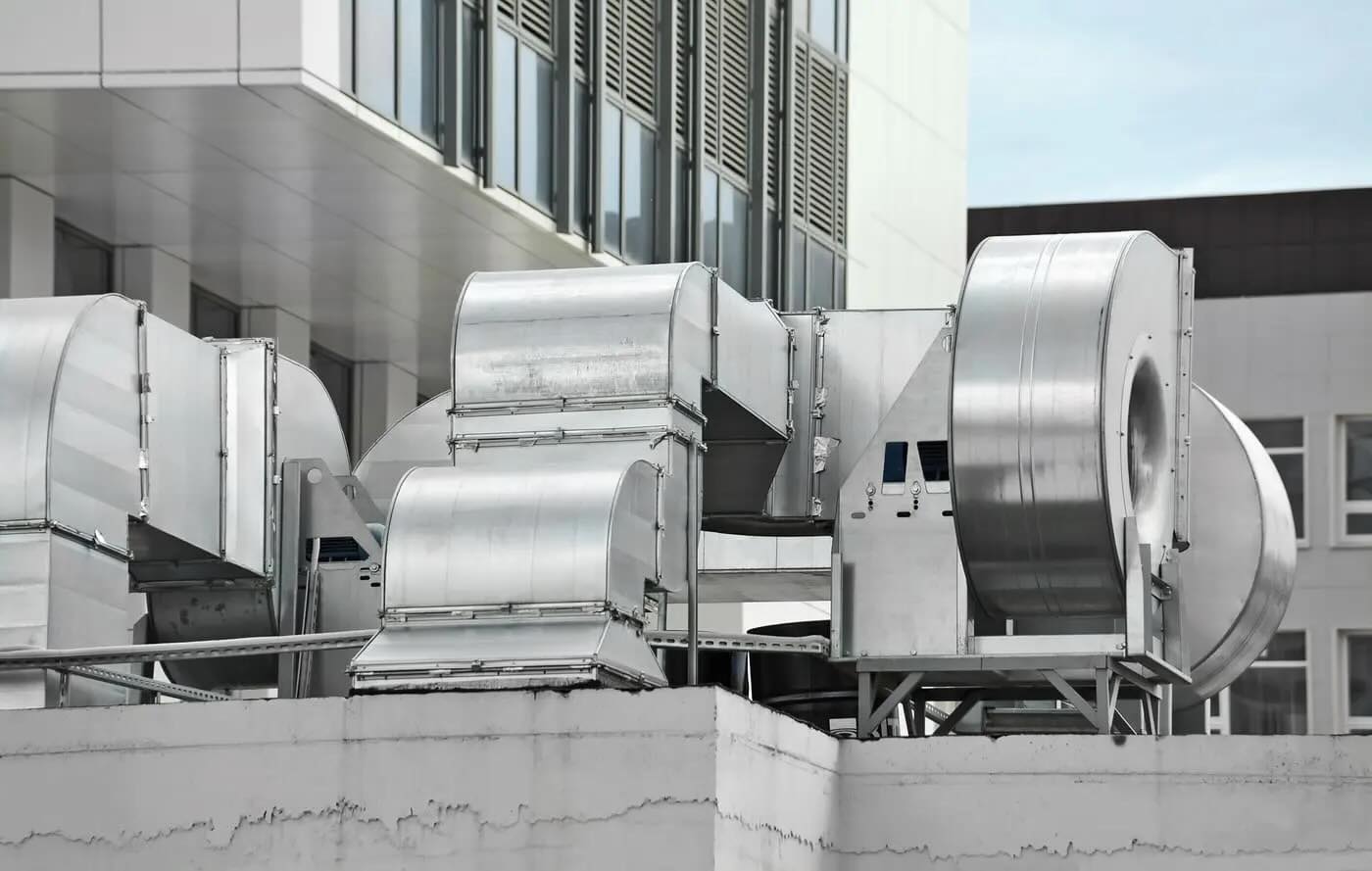
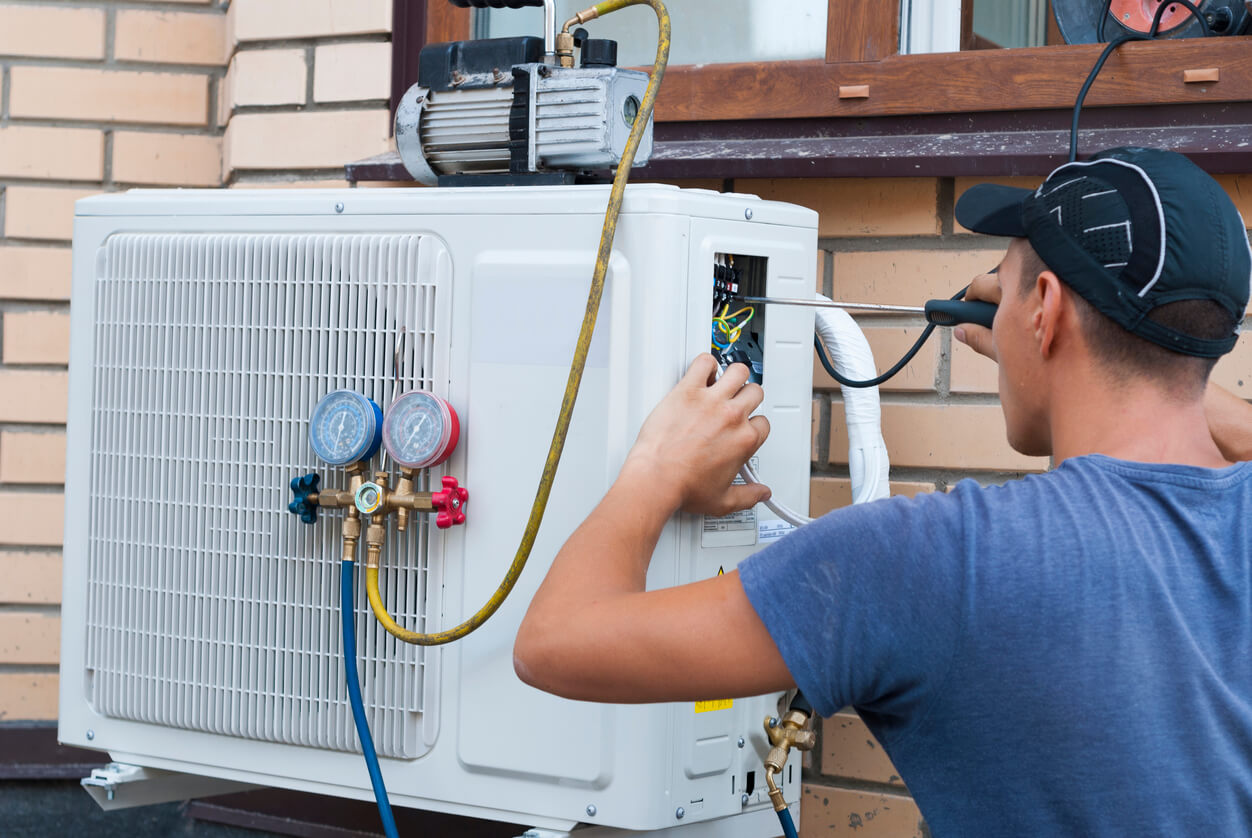
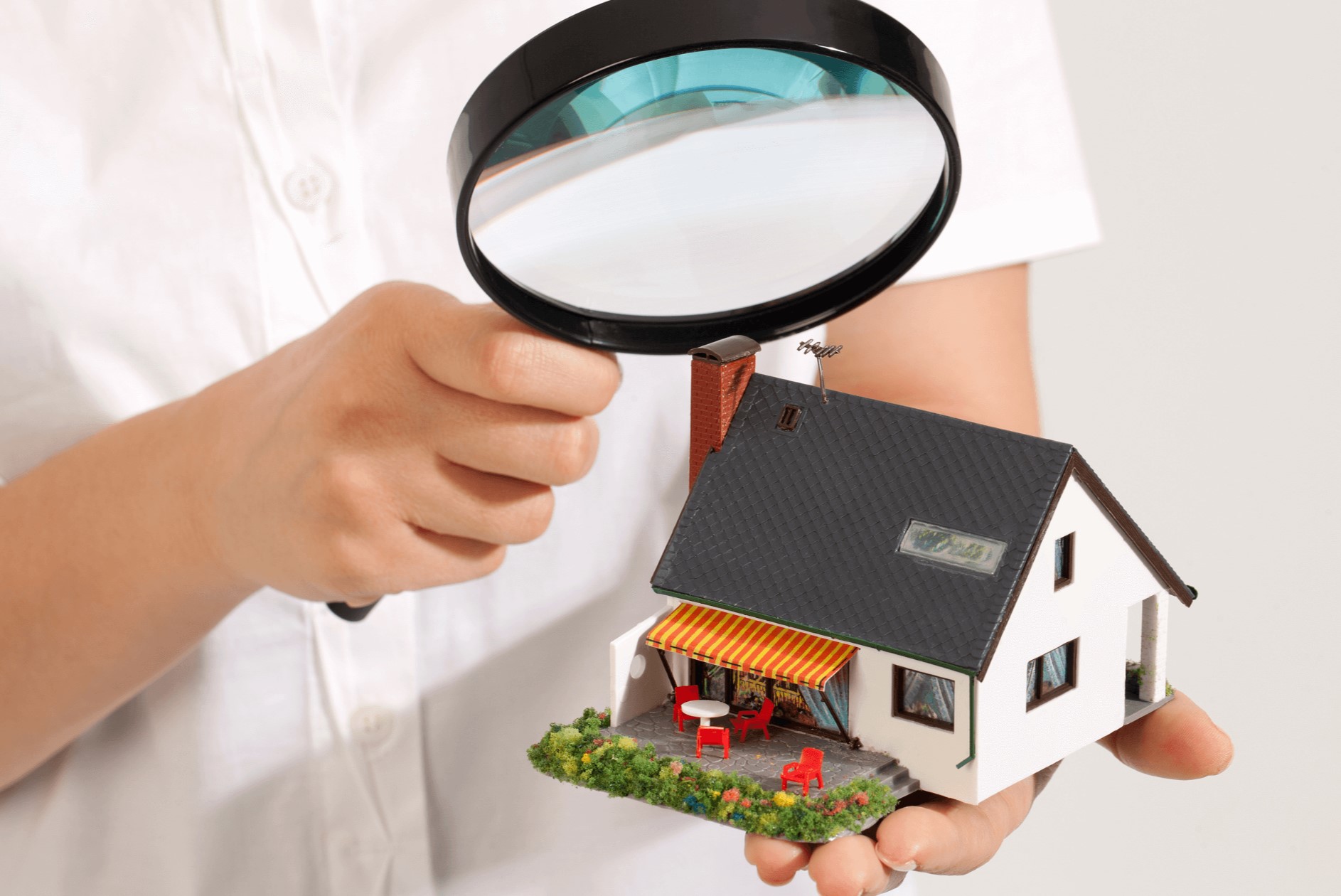
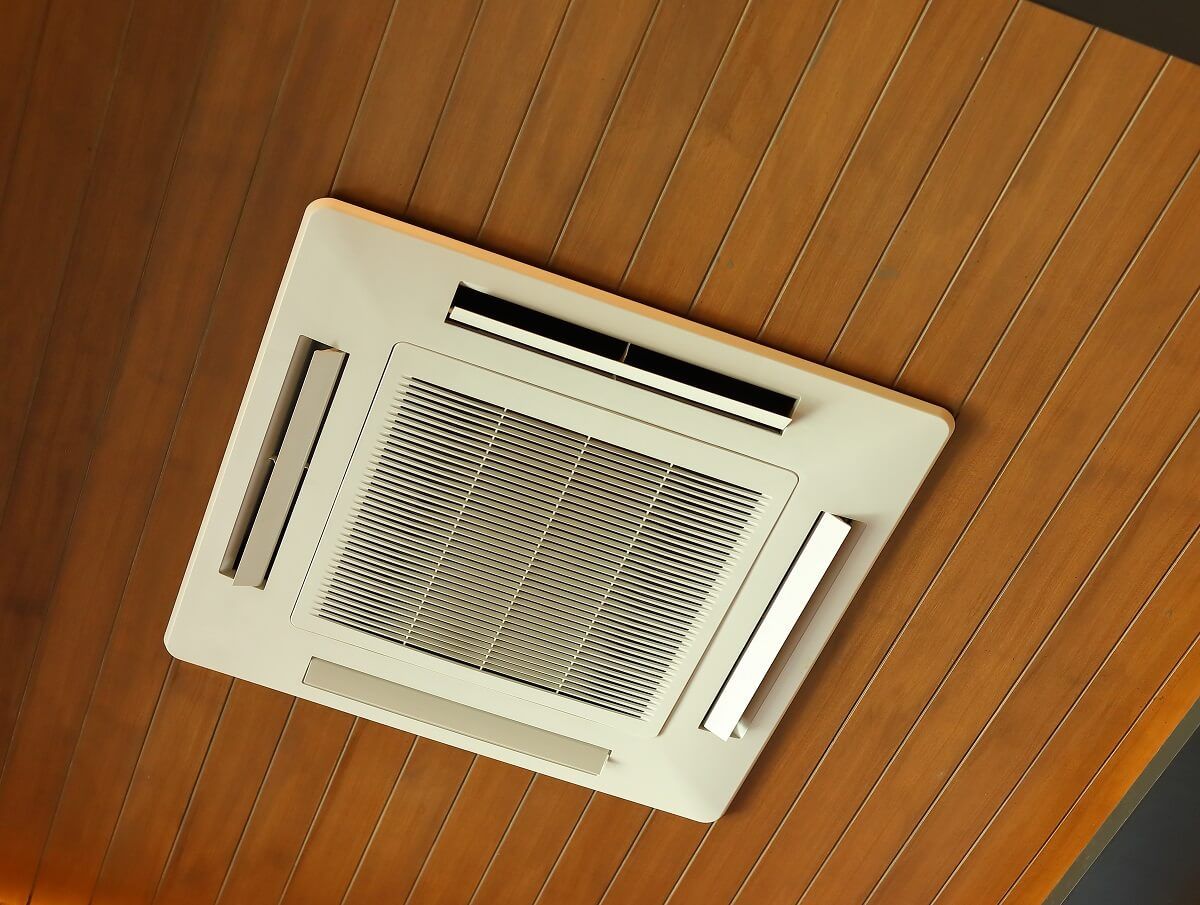
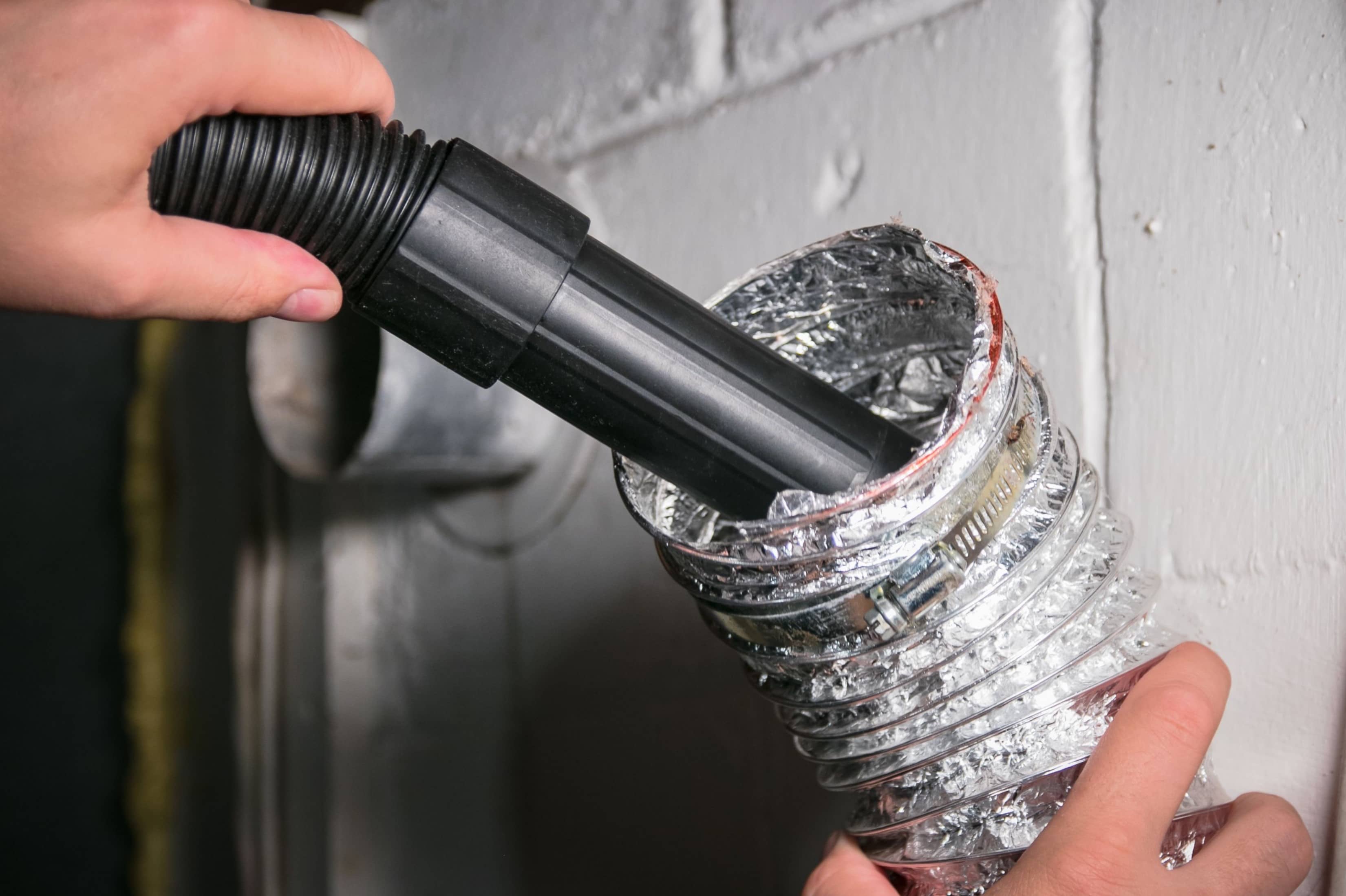
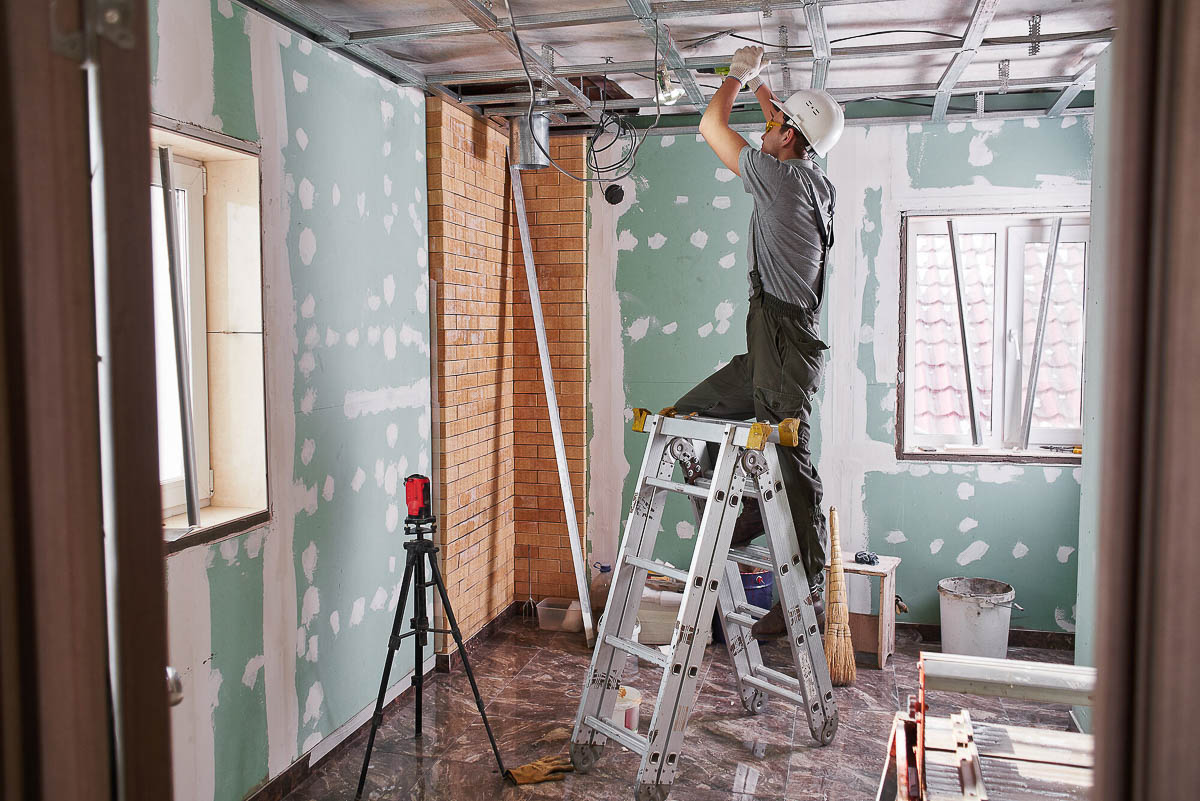

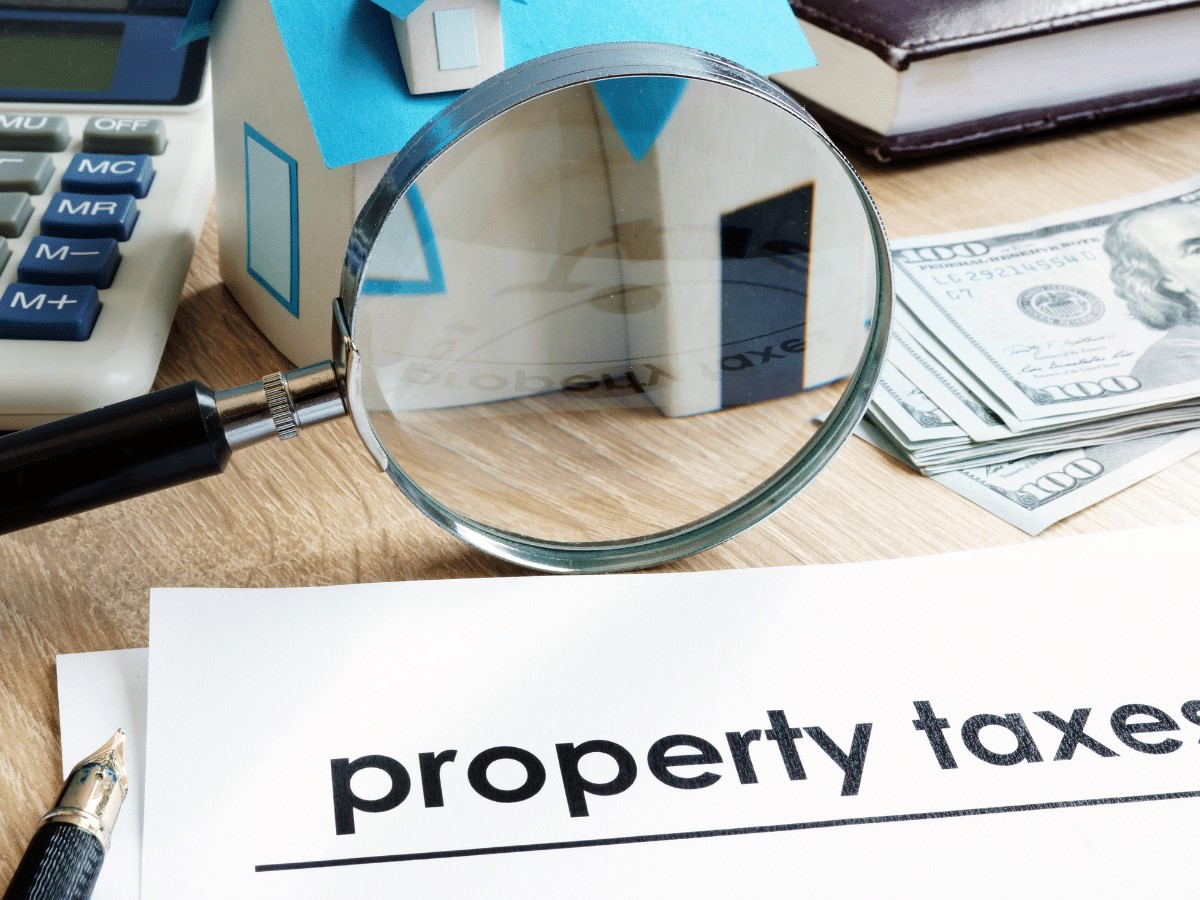
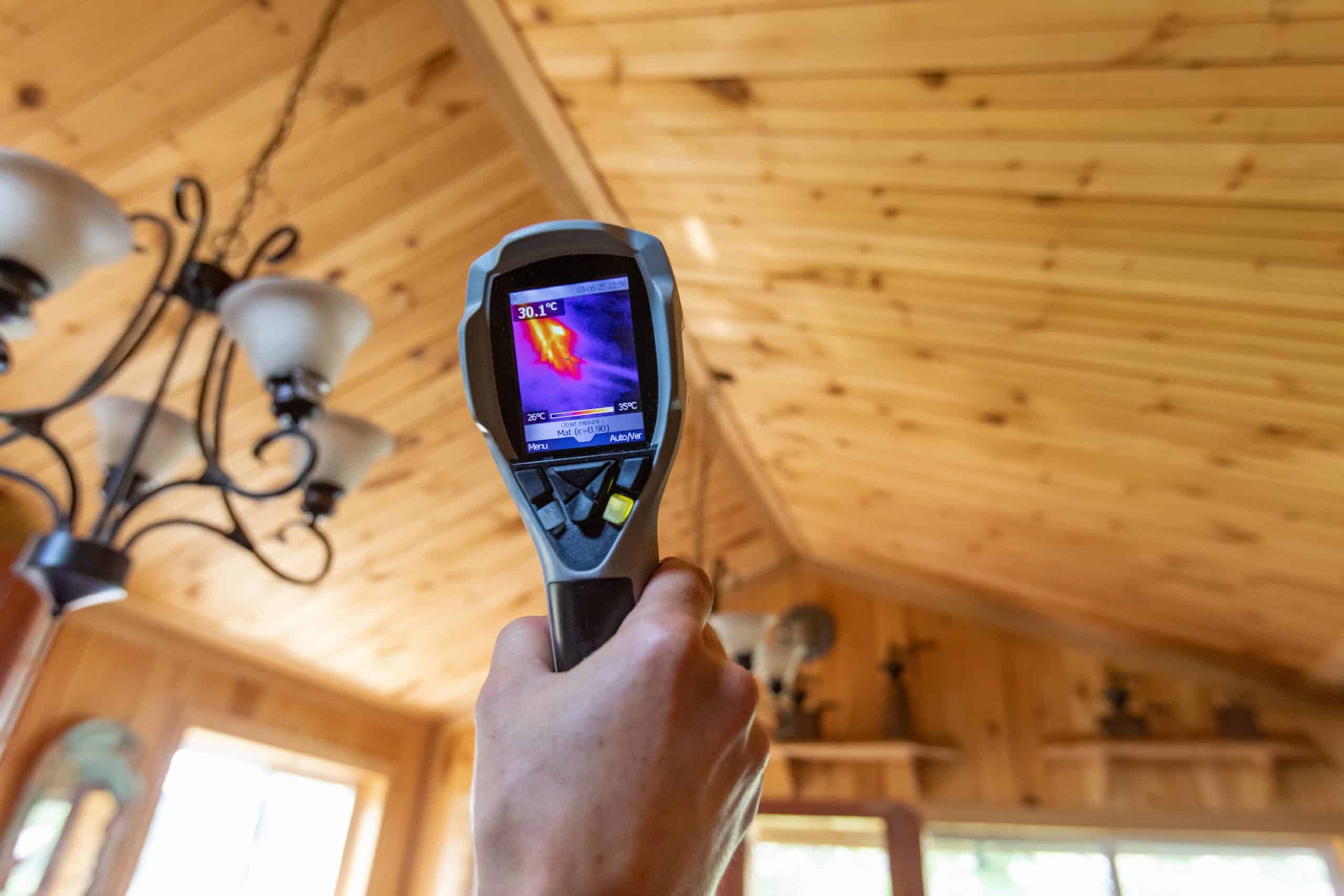
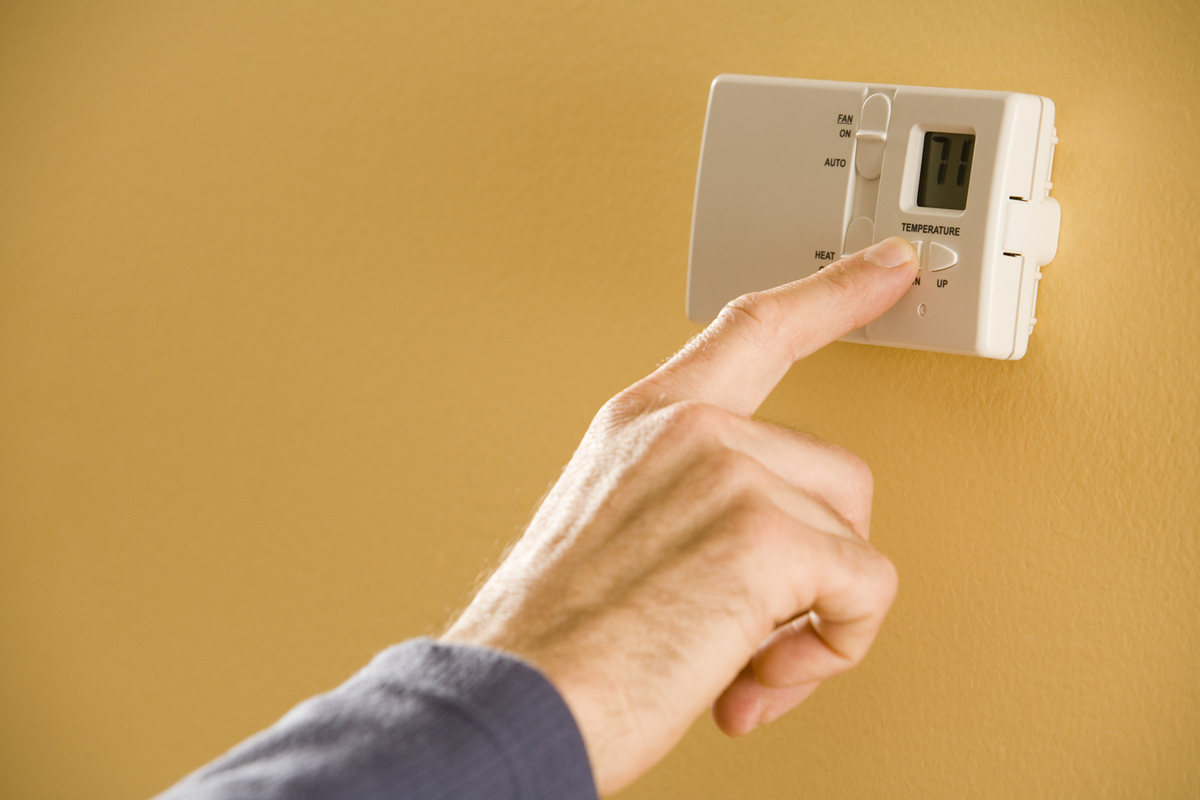
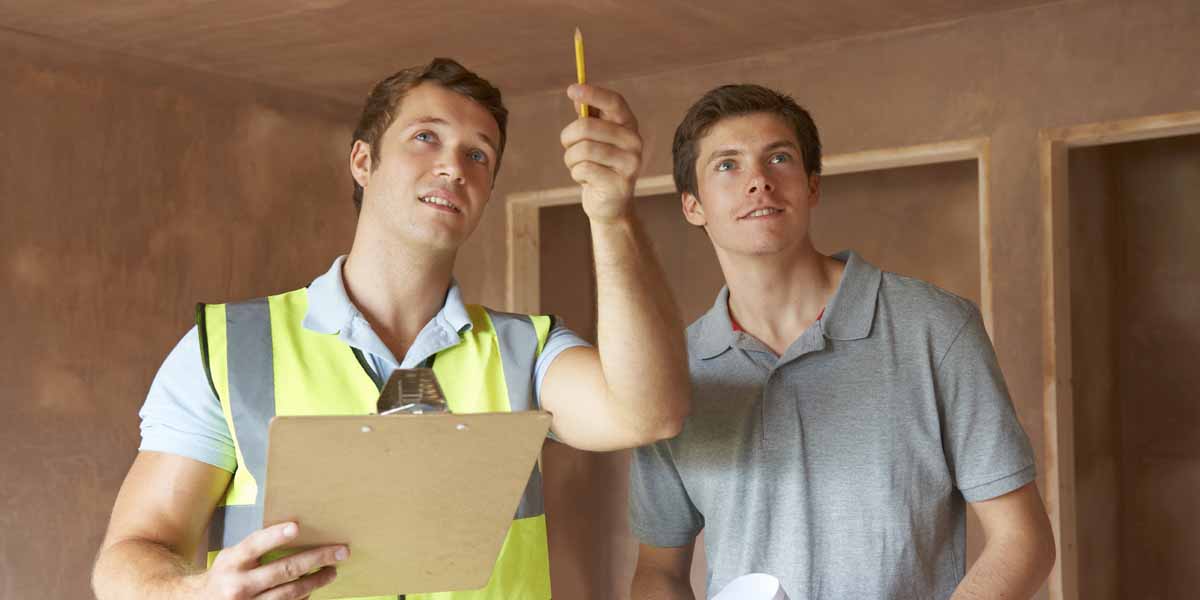
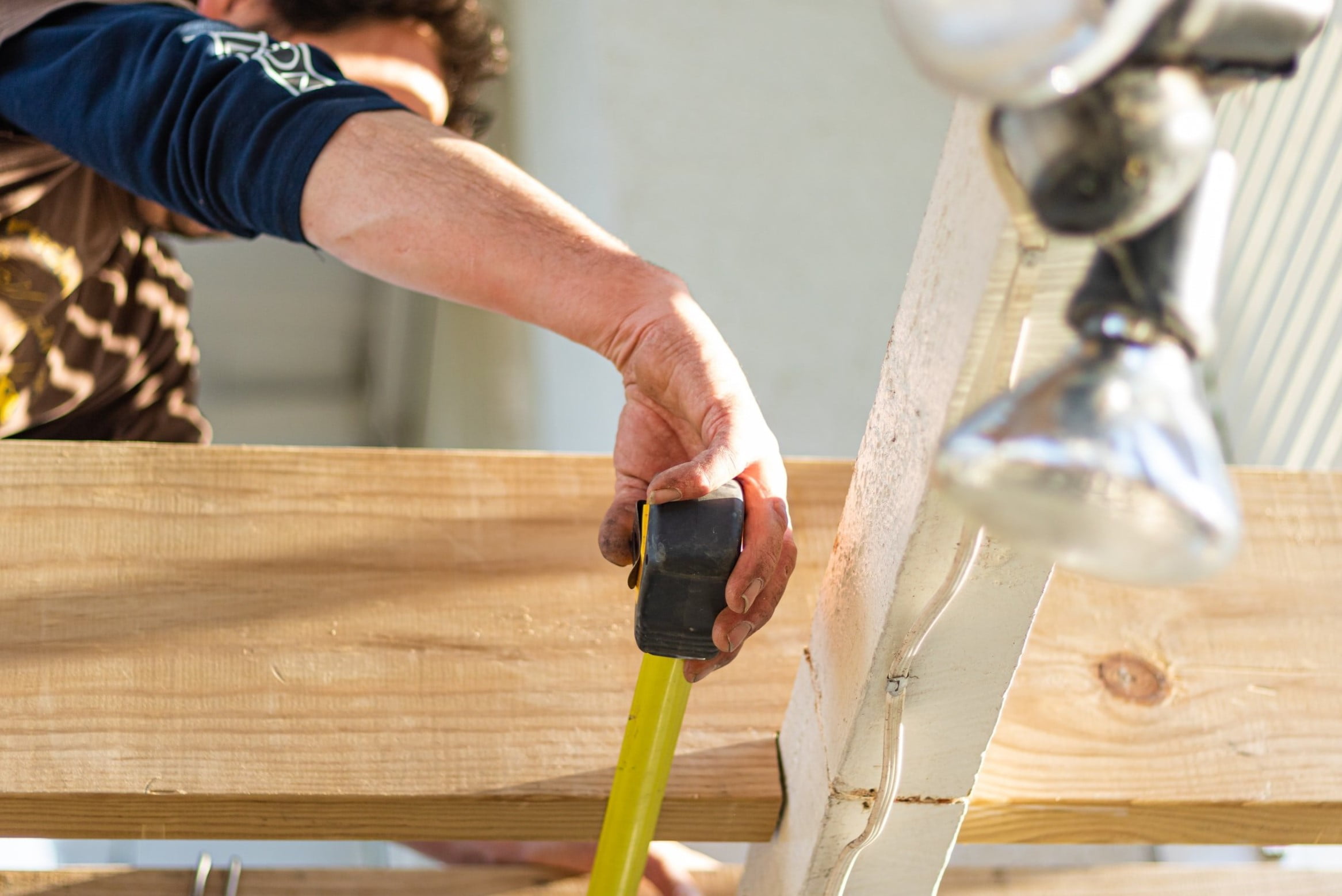

0 thoughts on “What Is A Pass/Fail Home Inspection”